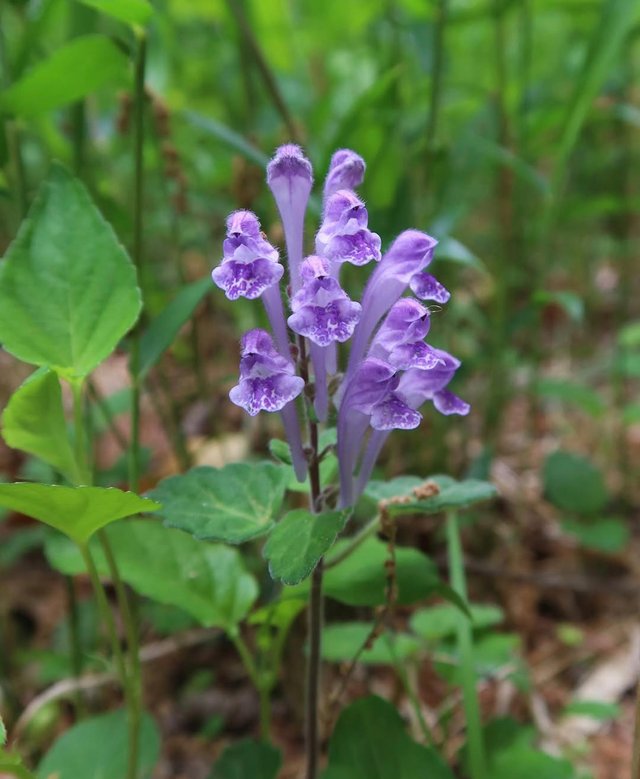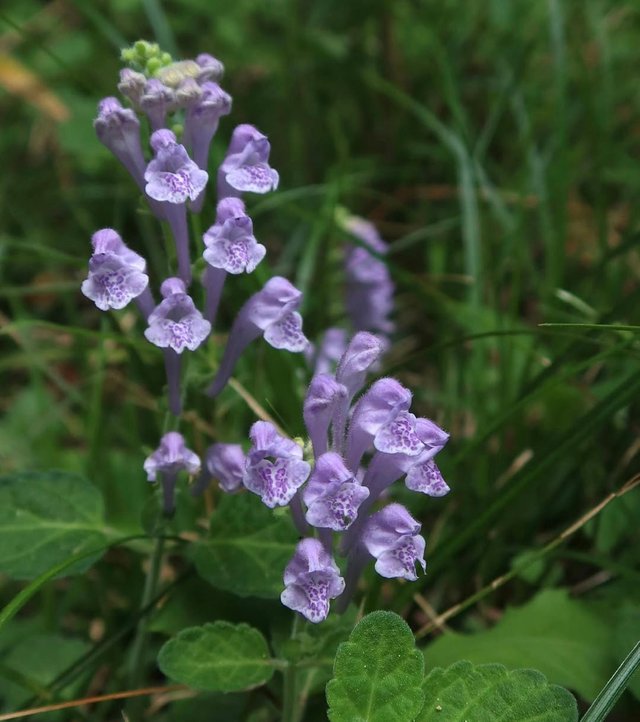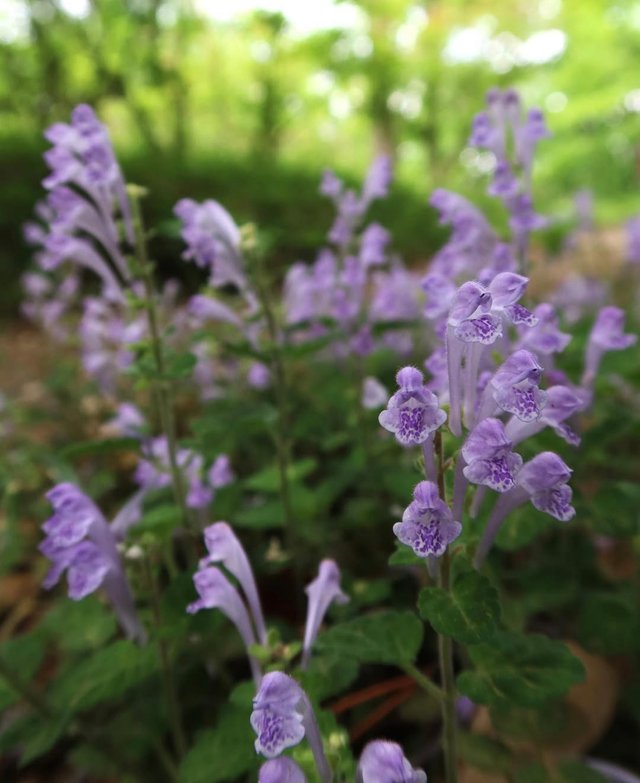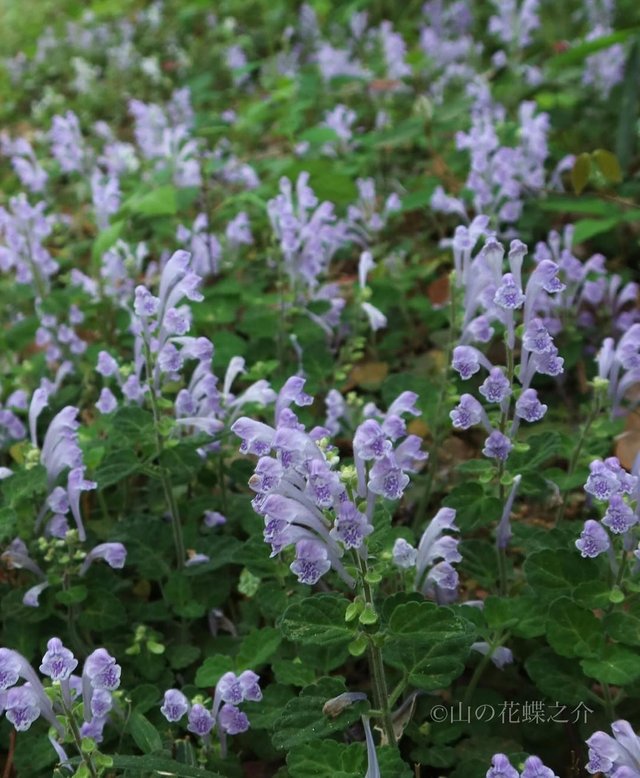Scutellaria baicalensis
Scutellaria baicalensis, commonly known as Baikal skullcap, Chinese skullcap Traditional Chinese Medicine (TCM), is a flowering perennial herb native to East Asia—particularly China, Mongolia, Korea, and parts of Russia.In recent decades, Scutellaria baicalensis has gained attention in modern pharmacological and clinical research due to its wide range of bioactive compounds, especially flavonoids.Baikal skullcap grows up to 30–60 cm tall and produces beautiful blue to violet tubular flowers that resemble a medieval helmet—hence the name "skullcap." Its most prized part, however, is the root, which is harvested after 3-4 years of growth when its medicinal compounds have fully developed.
Due to its growing popularity worldwide, S. baicalensis is now cultivated outside of China, including in the U.S., where it has adapted well to cooler temperate climates. However, overharvesting of wild populations in Asia has raised sustainability concerns, prompting efforts in seed banking and ethical cultivation practices.
Scutellaria baicalensis offers protection against neurodegenerative diseases by reducing oxidative stress, improving mitochondrial function, and promoting nerve regeneration. It is being explored in models of Alzheimer’s and Parkinson’s diseases.Scutellaria baicalensis stands as a shining example of the convergence between traditional herbal wisdom and modern scientific validation. Whether used as a standalone remedy or as part of complex formulas, it offers a wide range of therapeutic possibilities, especially in areas where inflammation, oxidative stress, or immune dysregulation play a role.



